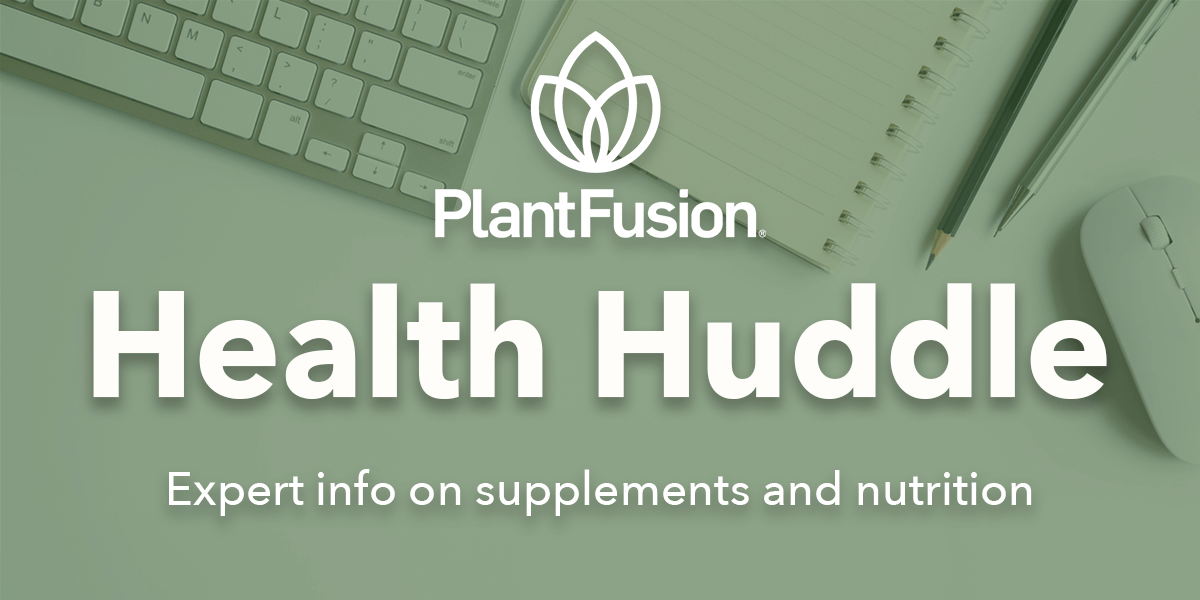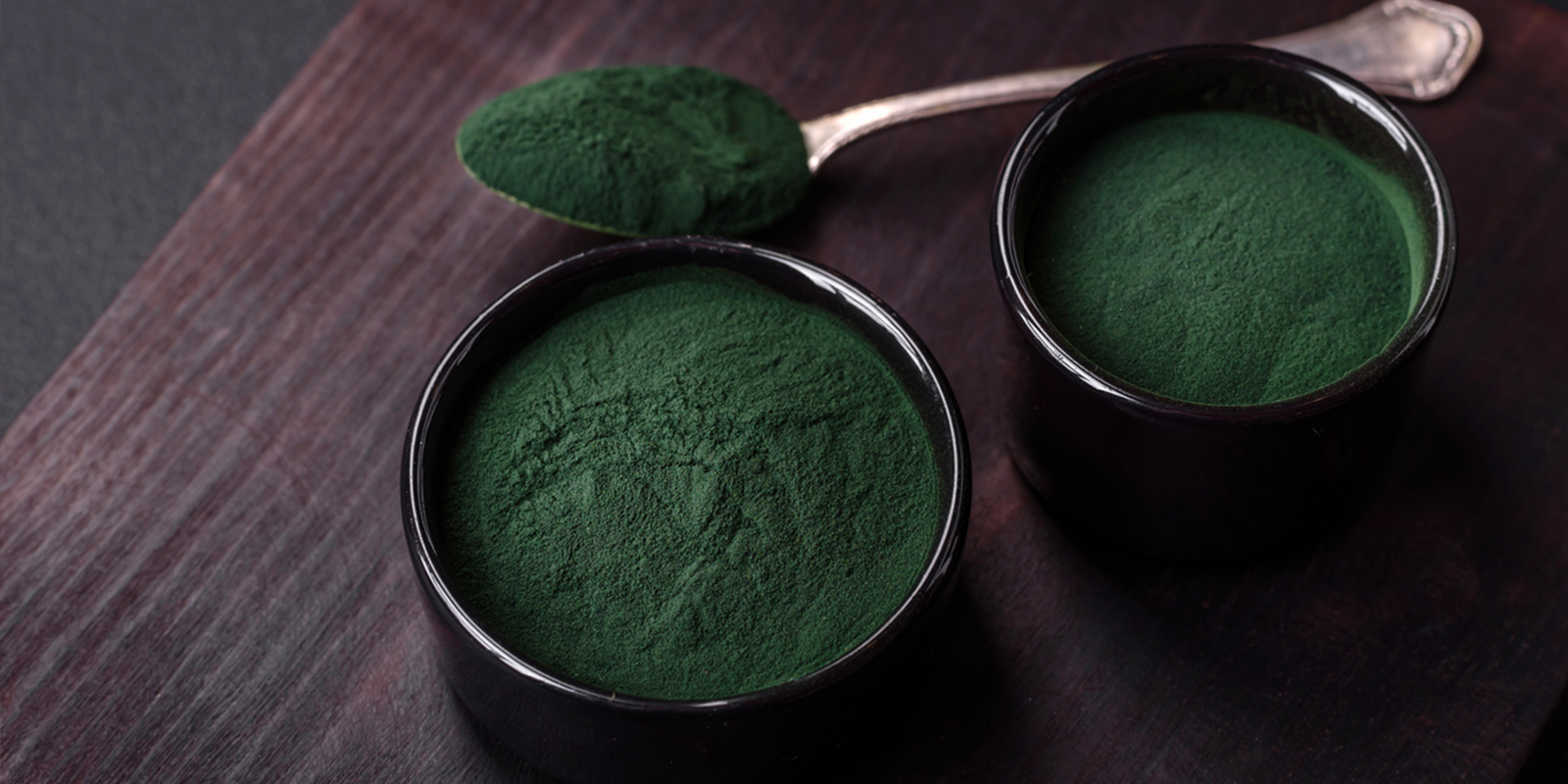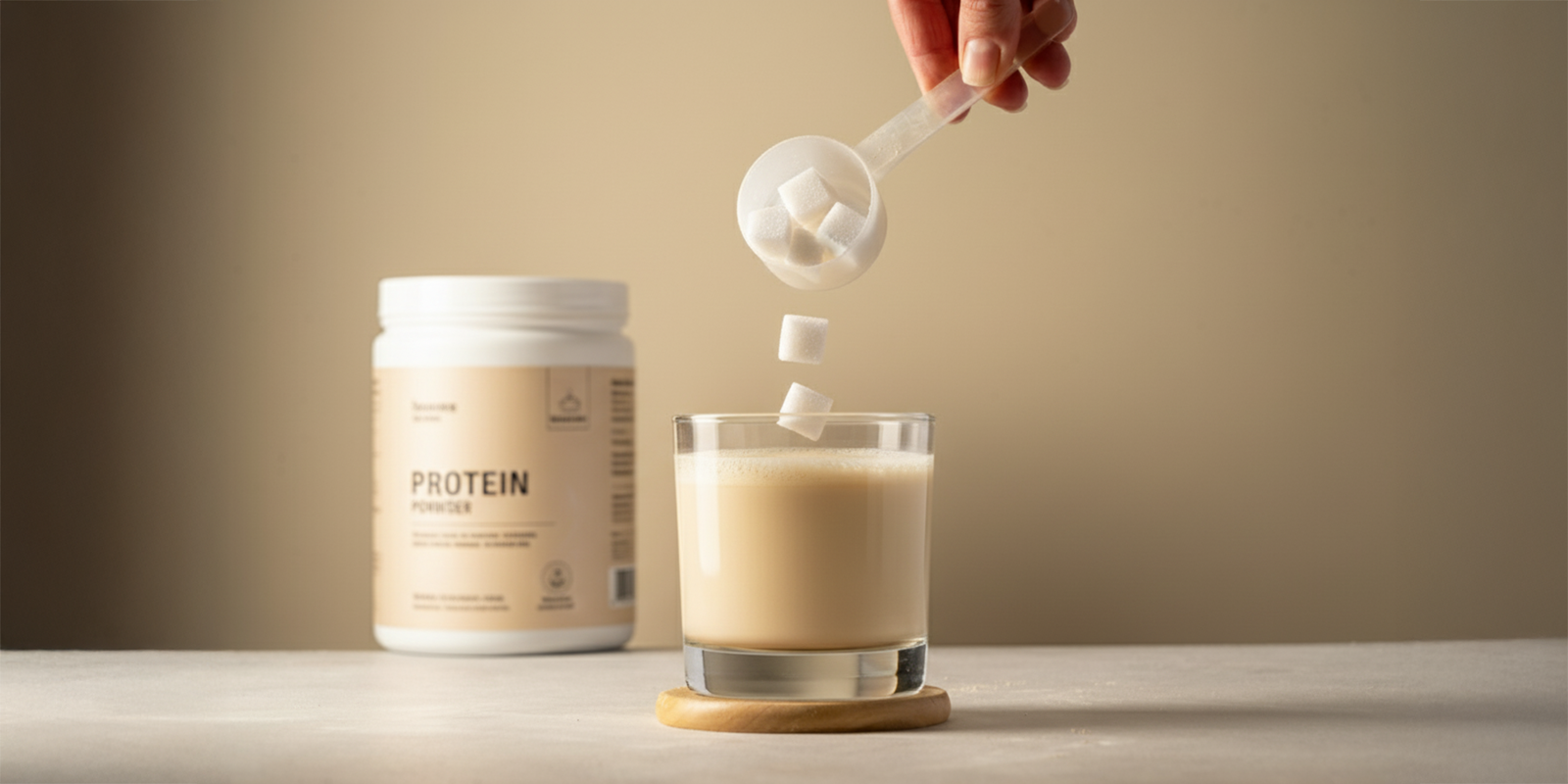Seeking better nutrition for better health, consumer interest in protein products has continued to increase over the past decade. However, the sheer number of protein products and products enhanced with protein is mind-boggling and overwhelming to the average consumer. A trip to the health food store or healthy food aisle of the grocery store will show you products with protein sourced from various sources, including animal, brown rice, dairy, whey and soy sources. What you might be missing in the deluge of products is a smarter plant-based protein source that stands out from the crowd. Algae protein is gaining prominence as a smarter choice for your healthy lifestyle.
Algae – Food for Life!
Protein has long been considered a macronutrient that your body needs to have a sufficient supply available to draw on when needed. Therefore, your diet needs to include a steady stream of protein in it. If you are a dieter, vegan, physically active or an older adult, you might not be receiving the full amount protein and nutrition your body needs.
Algae packs a nutritional punch as it provides a rich source of protein and crucial nourishment that your body needs. Protein powders or shakes made with plant-based protein sourced from algae meet your body’s demands for protein and better nutritional balance.
Organic blue-green algae, including spirulina, chlorella and aphanizomenon flos aquae (AFA) are considered superfoods because of their high concentrations of complete protein, vitamins, amino acids, omega-3 and other essential fatty acids. AFA naturally contains the highest level of biologically active chlorophyll than other known foods. Chlorella and spirulina are composed of 70 percent protein and contain over 65 vitamins, minerals and enzymes.
Disadvantages of Popular Protein Options on the Market
Some protein products with whey-based or soy-based proteins cannot be taken by individuals with allergic sensitivities. They may also contain fillers that gluten-sensitive individuals should avoid. If you have dietary restrictions because of health conditions or ethical/moral convictions, it can be difficult to wade through the variety of protein products on the market. You are forced to be extra mindful when choosing a product that will not interfere with your health, diet preferences or convictions by vigilantly scanning ingredient labels.
Health Benefits of Algae Protein
If you have not tried algae protein, it is time to consider the benefits of adding it to your diet.
Digestibility of Single Cells
Algae are simple, single-celled photosynthetic organisms with superior bioavailability. They contain organelles called chloroplasts that function to store chlorophyll. The chlorophyll captures the energy from the sun. Through photosynthesis, that energy is converted into sugars that feed the algae making it self-sufficient with only requiring water and sun to survive.
Algae’s nutritional value is not compromised by other ingredients despite its simple cellular construction. Its protein and other nutrients are easily digested and absorbed causing little gastric disturbance in comparison to whey proteins. Any leftover nutrients and undigested fiber travel through the small intestine to the colon where they help stimulate immune response and gut health with their fermentation.
Building Blocks of Protein
Amino acids are powerful protein building blocks that are crucial for every metabolic process in your body and make up most of the body’s cells, tissues and muscles. Algae contain all essential and non-essential amino acids making it a complete protein source. There is over three times the amount of the amino acid arginine than what is found in whey protein and almost the same amount of glutamine. Research has shown that arginine helps improve circulation by increasing nitric oxide in the blood, while also helping to decrease cholesterol levels. Glutamine is important for muscle growth and cellular support that no other single amino acid can provide.
Omega-3s and Essential Fatty Acids
Diets high in omega-3s and other essential fatty acids are important for good health and for your body to function properly. These nutrients play a vital part in heart health, brain function and reducing inflammation. But some diets, especially vegan diets, can be lacking in these crucial nutrients. The body cannot produce omega-3 fatty acids on its own. Plant-based protein such as algae can be a better source of omega-3’s EPA and DHA than fish.
Loaded with Healthy Antioxidants
AFA is rich in compounds that are loaded with antioxidants. Studies have shown that adding AFA, spirulina and chlorella to your diet acts as a defense against oxidative damage to your red blood cells. As an effective adaptogen, the antioxidant activity of blue-green algae can protect your body from stress (including tension on the body from exercise) while also boosting your immune system with its natural anti-viral properties.
Our Ancestors Knew the Value of Plant-Based Proteins
Asian societies and ancient cultures, including the Aztecs recognized that plant-based foods derived from algae were a rich source of protein and other important nutrients. Chlorella, spirulina, kelp and aphanizomenon flos-aquae (AFA) are foods that are derived from different strains of algae that are known for their nutritional value. But the benefits of algae surpass its nutritional value.
Nutritional products featuring algae protein are a smarter choice over animal-based sources because they are:
- Packed with high-density proteins to give you sustained energy
- Naturally contain amino acids to build and repair muscle
- Free of animal products
- Protect against oxidative damage
- Easy to digest and are free of major allergens, including gluten, dairy and soy
Today, not many consumers are aware of the nutritional benefits of algae and what products contain it, or even where to buy pure algae. It is not common to find in modern supermarkets, and often leaves consumers confused on how they would implement algae into meals and also how it may affect the taste and flavor of the dish. There are some options like nori which is mainly used for making sushi rolls, or dried algae “chips”, yet those typically aren’t as dense and a high amount would need to be consumed to acquire all the nutritional benefits.
When consumers do find foods or supplements containing chlorella, spirulina or kelp, they are often expensive and not always pleasing to the palate. As a complete, plant-based protein, algae is ideal for use in protein powders and shakes. Fortunately, PlantFusion solves this problem by making it easier to receive the benefits of algae protein in your diet in a taste-friendly and palatable way.
Plant-Based Proteins Promote Sustainable Practices
PlantFusion's Complete Protein
21g of the world’s best tasting plant-based, vegan protein powder that sustains energy, builds and repairs muscle, and is easy to digest.
Today, there is increased focus on the need for sustainable resources and ethical practices. A plant-based diet is more in-line with these higher standards for sustainability and ethicality. Algae makes a great protein source that not only provides health benefits of plant-based proteins, but also helps with sustainable practices because it:
- Grows fast. Because algae grow continuously, it can be harvested daily at a rate much greater than some of agriculture’s most productive crops
- Consumes carbon dioxide. When grown in sunlight, algae absorb carbon dioxide and release oxygen into the air, just like any other plant
- Does not compete with agriculture. Algae cultivation does not compete with land that is traditionally used for agricultural crops. It can be grown on land that is not suited for traditional crops such as within quality controlled ponds and/or natural pools
- Has many uses. While microalgae can be cultivated for its nutritional powerhouse for human nourishment, it can also be used to produce biofuels and livestock feeds
- Creates jobs. Because algae can be grown in a variety of climates using multiple production methods, the algae industry has great potential for growth. The Algae Biomass Organization projects that up to 220,000 jobs will be created by 2020 in the algae industry including research, engineering, construction, and farming jobs
Meeting the Demand for Healthier Nutrition
Consumers are becoming more aware of the importance of protein in their daily diet. Originally, proteins derived from animal-based sources, including dairy-based whey, have been popular among consumers purchasing protein products. But one-size does not fit all when it comes to protein, especially those moving away from animal-sourced proteins.
During the last several years, there has been a noticeable shift among consumers toward plant-based proteins, including algae protein. This can be attributed to greater awareness of the benefits of a plant-based diet for health-oriented consumers and for support of more sustainable and ethical practices.
PlantFusion’s Complete Protein features five balanced protein sources, now including algae to help provide full nourishment so your body can thrive. There is also an abundant amount of the muscle repairing branch-chained amino acids (BCAAs); leucine, isoleucine and valine, along with an effective amount of glutamine. PlantFusion is the first plant protein that is comparable to whey’s taste profile and amino acid profile as it provides the nine essential amino acids and the 11 non-essential amino acids making it “Complete”.
If you’re looking to amp up your health and feel better-than-ever, head on over to our Complete Plant Protein page and stock your kitchen up with the best tasting plant proteins offered on the market today!















